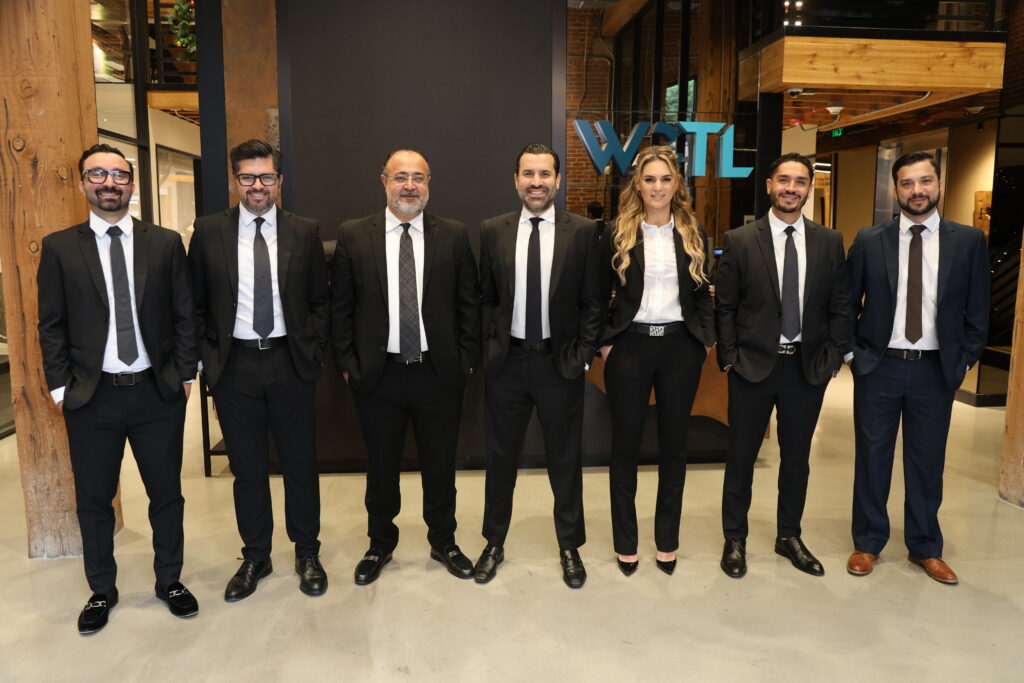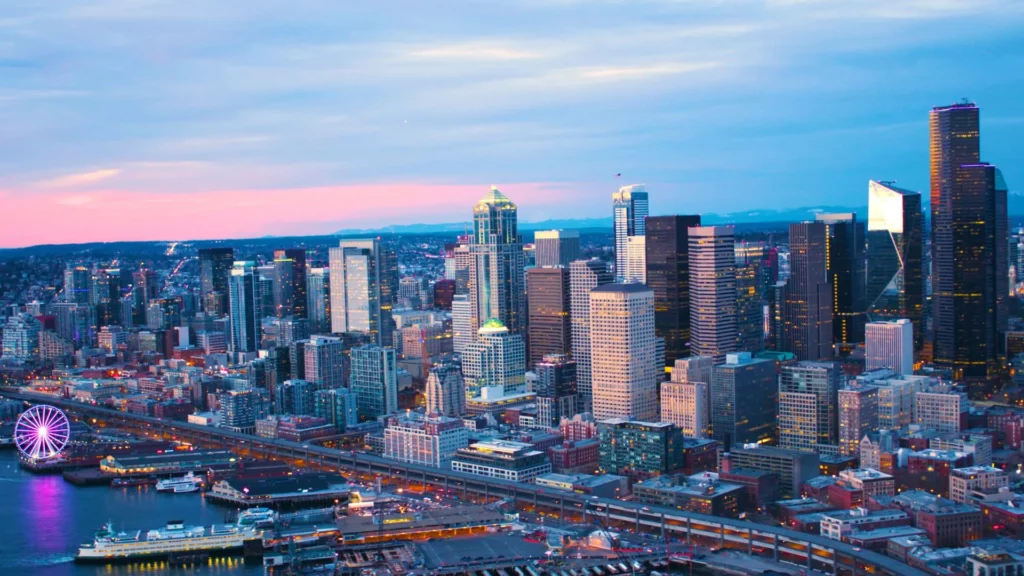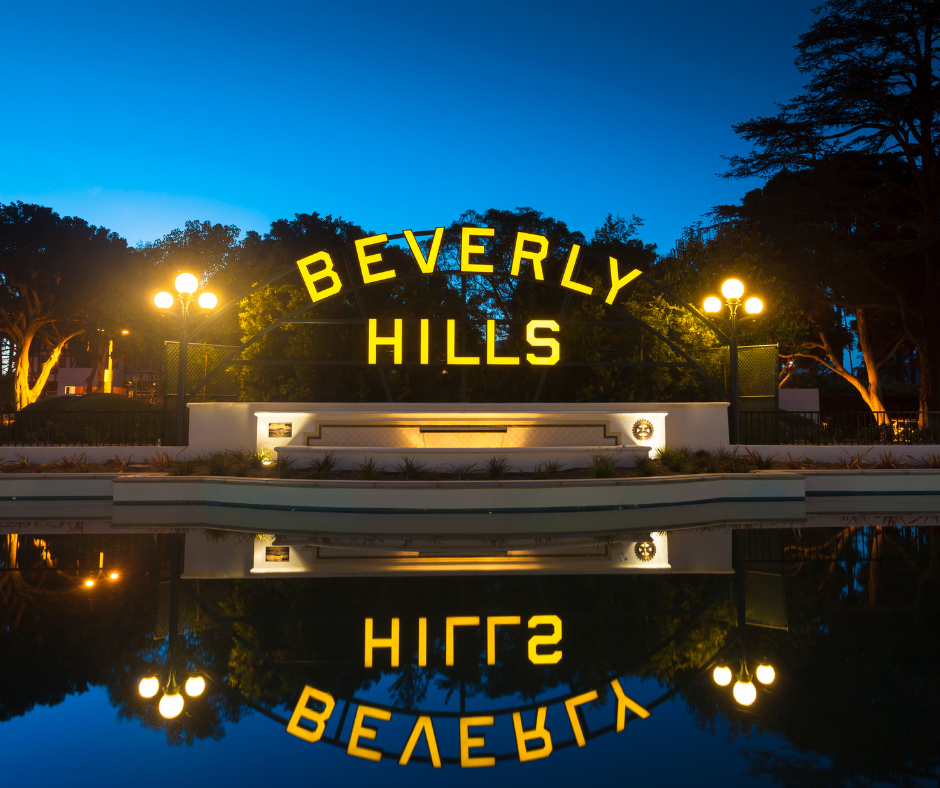When wildfires strike, they can leave a devastating impact on communities. As a response to such an emergency, there will be a sudden surge in demand for essentials. Unfortunately, some companies will exploit this situation by raising costs of goods and services beyond the average price. Dealing with insurance companies during this challenging time can also be difficult to balance.
To help you understand your rights and what actions to take, it is important to go over the price gouging guidelines to navigate through situations like wildfires, ensuring businesses are held liable during these emergencies.
Is Price Gouging Illegal?
Price gouging is generally illegal in most U.S. states, including California and Nevada. Rules and regulations have been established to prohibit businesses from substantially upping prices for necessities during emergencies or natural disasters.
When Does Price Gouging Occur?
Price gouging usually happens in a state of emergency or crisis where demands for essential goods and services increase due to natural disasters (wildfires) and public health emergencies (pandemics). As a response, businesses raise prices to unreasonably high levels, often more than what is considered fair or normal under typical market conditions.
What Laws Prevent Price Gouging?
Price gouging laws have been established to prevent businesses from taking advantage of consumers by substantially increasing prices during a declared state of emergency, like:
- Food
- Water
- Medical supplies
Under California Penal Code (CPP) 396, prices cannot be raised more than 10 percent on necessities. The California Attorney General is entitled to take action against a business owner who participates in price gouging, ensuring consumers are protected during emergency situations, like wildfires. In addition, if sellers introduce goods or services after an emergency is declared, the price cannot be more than 50 percent higher than the seller’s cost to provide them.
Some states, like Arizona and Washington, do not carry anti-price gouging statutes. But, Attorney Generals can investigate complaints to address unfair trade practices. Nevada, on the other hand, has adopted a law to prevent price gouging. The state does not allow businesses to sell, rent, or offer certain goods or services at prices that are unconscionably excessive of its usual value.
If either of the following occur, it will be considered price gouging:
- 15 percent above the standard price with a higher typical value
- 10 percent more for certain products with a mid-range value
- 5 percent over the regular price for lower-value items
The motive behind these regulations is to shield consumers from deceptive practices, especially during challenging times that require necessities to be purchased as soon as possible.
What Is the Penalty for Price Gouging?
The penalty for price gouging will vary by state. Those who go against California Penal Code 396, will be faced with the following punishments:
- Misdemeanor, up to one year in jail and up to a $10,000 fine
- Civil penalties, up to $2,500 per offense in addition to an injunction and restitution for consumers
Other states have a different approach. For instance, in Nevada (under NRS 598.0973), if a business is found guilty for deceptive practices towards a disabled individual, they will be given a civil penalty of up to $15,000 per violation. And if it impacts elderly people, it will increase up to $25,000 per violation.
What Should You Do If You Are a Victim of Price Gouging
If you believe you are a victim of price gouging, please consider doing the actions sectioned below.
Document the Incident
Be sure to take notes of:
- The essential goods or services you were interested in purchasing
- The amount you were charged
- The usual price for that particular necessity
Keep evidence of receipts, photos, or screenshots of its value, especially if you are trying to compare prices before and during a state of emergency.
Report Price Gouging
Each state will require its residents to contact a specific consumer protection authority.
- Californias who believe that they have been a victim of price gouging can click here to report it to the Attorney General.
- Those living in Nevada may access this link to submit a complaint over to Consumer Affairs.
Request a Refund or Restitution
Some states, like California, allow for restitution to customers, where companies are required to issue refunds for overpriced products or services. Be sure to check whether your area has this option available.
Choose Other Sellers
Try to find another retailer or supplier who is not selling unfairly priced goods.
Difference Between a Reasonable Price Increase and Price Gouging
The difference between a reasonable price increase and price gouging lies in the significance of the price hike and what factors contribute to such a change.
Reasonable Price Increase
A reasonable price increase is influenced by:
- Inflation
- Seasonal price adjustments
- Increase to production costs
Price adjustments are modest and align with the changes being made within the market.
Price Gouging
Price gouging occurs when unreasonably high adjustments are implemented into the value of products and services as a response to a state of emergency or natural disaster.
Statute of Limitations of Price Gouging
In states like California and Nevada, the statute of limitations for price gouging is generally four years. According to California Business and Professions Code (BPC) Section 17208 and NRS 11.190, it will begin once you have discovered, or reasonably should have discovered, the unfair act.
When to Hire an Attorney
You should consider hiring an attorney for price gouging if you believe that a company has exhibited unfair practices by increasing prices on essential goods or services during emergencies. They can take a look at your complaint before you submit it to ensure it aligns with specific law requirements. If the business does not respond within a reasonable time frame, an attorney can take legal action on your behalf to ensure you get properly refunded.
Get the Legal Support You Need with West Coast Trial Lawyers
If you were affected by the Eaton Fires and need legal assistance, West Coast Trial Lawyers is here to help. Our wildfire lawyers can assess your case and determine what necessary steps should be taken to ensure you get the best outcome possible.
To schedule a FREE consultation, you can contact our 24/7 legal team by calling (213) 927-3700 or completing our quick online contact form.












































































